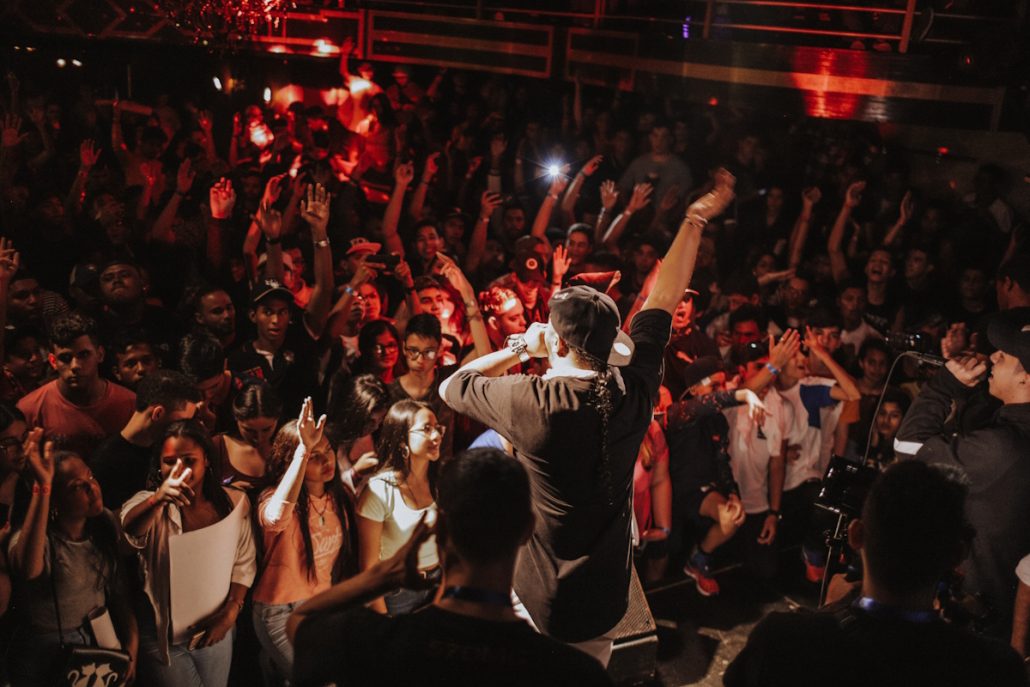We fight financial crime: proceeds from gangster rapper merchandise for jihad
The example of Kabul-born rapper SadiQ shows how diverse the potential risks of terror financing are.
SadiQ has often been in the spotlight because he demonstrates his sympathy for the Islamist scene not only through his lyrics. He supports the Salafist organization "The True Religion," for example, which he demonstrates through "likes." His 40-minute video from 2013, which he created with the Germany-known hate preacher and former boxer Pierre Vogel, is also a clear indication of his proximity to Islamist extremism. In 2016, he also glorified an Islamist attack in his song "Charlie Hebdo," in which 11 people were killed in Paris because of a cartoon of Mohammad.
In terms of financial activities, however, the Frankfurt rapper's "Free Gaza" T-shirt campaign generates suspicions of possible terrorist financing. He himself states that 75 percent of the proceeds are donated to war victims in Gaza, Afghanistan, Syria, Iraq and Burma. In another post, on the other hand, one should give a smile to children in need, which is not a stringent indication of use with regard to the proceeds. This strengthens the evidence for a possible misappropriation.
To promote this T-shirt, SadiQ was able to rely on prominent support from the rapper milieu. The shirt was worn by the rappers Bushido, Shindy and Ali Bumaye, who were in the circle of influence of the Berlin clan great Arafat Abou-Chaker. Images from the Berlin State Criminal Police Office show how the latter was spotted in front of the Salafist Al-Nur mosque in Berlin. This is the mosque where former rapper "Deso Dogg" was radicalized for IS before heading to Syria to fight for the Islamic State. He is believed to have died in 2019 after being listed on the US and UN anti-terrorist lists.
Likewise, SadiQ was able to win over the rapper Massiv for advertising. He also appeared in connection with the Salafist scene. In his song "Verurteilt," he glorified the leading Salafist Bilal Gümüs, who was sentenced to 3 years and 6 months in prison for aiding and abetting an act that endangered the state.
There are several examples of NGO abuse and fundraising being used for terrorist financing. These include the EU- and US-listed Al-Aqsa e.V. from Aachen and Waisenkinderprojekt Libanon e.V., which was banned in 2014 because of links to Hezbollah's front organization.
Helpstore Secondhand UG also used the sale of clothing to finance organizations such as Hamas, Al-Shabab and Jabhat al-Nusra and was banned as a sub-organization of the banned Ansaar International e.V..
When considering all the facts in relation to complex connections, sympathies for terrorist ideas and personal interconnections, an initial suspicion of terrorist financing emerges. As a consequence, the payments in connection with the T-shirt sale had to be closely investigated by the commissioned financial service providers.
CURENTIS - we fight financial crime.



